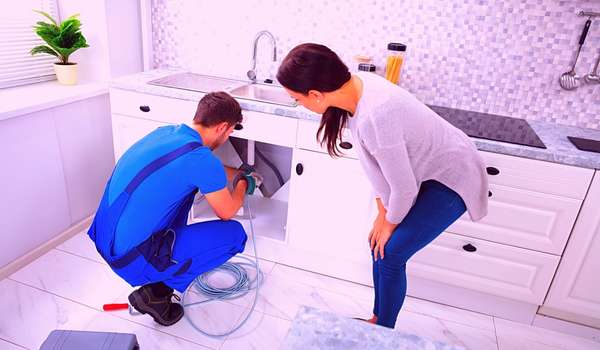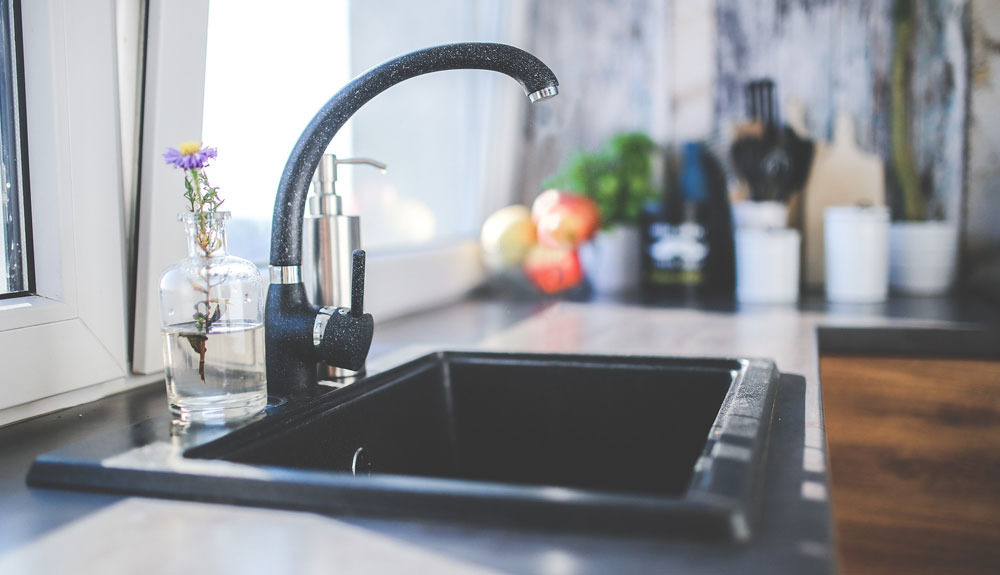Mildew smell in kitchen sink drains can be caused by various factors. One of the main causes is the buildup of food particles and debris in the drain, which can create a breeding ground for mold and mildew. Another common cause is the presence of stagnant water in the drain, which can also lead to the growth of mold and mildew. In addition, a clogged or damaged drain pipe can contribute to the development of mildew smell. These issues can be exacerbated by poor ventilation and lack of sunlight in the kitchen.1. Causes of Mildew Smell in Kitchen Sink Drains
If you're dealing with a mildew smell in your kitchen sink drain, there are several steps you can take to eliminate it. The first step is to thoroughly clean the drain and remove any buildup of food particles and debris. You can use a mixture of hot water and dish soap, or a combination of baking soda and vinegar, to break down and remove any organic matter in the drain. You can also use a drain snake or plunger to remove any clogs that may be contributing to the smell.2. How to Get Rid of Mildew Smell in Kitchen Sink Drains
For those who prefer natural remedies, there are several options for getting rid of mildew smell in kitchen sink drains. One effective method is to pour a cup of baking soda down the drain, followed by a cup of vinegar. This will create a foaming reaction that can help to break down and remove any buildup in the drain. You can also try pouring boiling water down the drain to kill any bacteria and eliminate the smell.3. Natural Remedies for Mildew Smell in Kitchen Sink Drains
In some cases, the presence of mildew smell in kitchen sink drains can be attributed to common mistakes that homeowners make. One of these mistakes is pouring grease or oils down the drain, which can solidify and create a blockage. Another mistake is not using a garbage disposal or strainer to prevent food particles from entering the drain. It's important to avoid these mistakes to prevent the growth of mold and mildew in your drain.4. Common Mistakes That Can Cause Mildew Smell in Kitchen Sink Drains
Preventing mildew smell in kitchen sink drains is key to avoiding this unpleasant issue. One of the best ways to prevent it is to regularly clean your drain and remove any buildup of food particles and debris. You can also run hot water down the drain after each use to prevent any lingering particles from sticking to the pipes. Additionally, using a garbage disposal and regularly emptying and cleaning it can help to prevent clogs and keep your drain smelling fresh.5. How to Prevent Mildew Smell in Kitchen Sink Drains
If the mildew smell in your kitchen sink drain persists despite your best efforts, it may be time to call in a professional. A plumber can inspect your drain and pipes to identify any underlying issues that may be contributing to the smell. They can also use specialized equipment and cleaning solutions to thoroughly clean and disinfect your drain. Professional solutions may be necessary in cases of severe clogs or damage to the drain pipe.6. Professional Solutions for Mildew Smell in Kitchen Sink Drains
It's important to be aware of the signs that your kitchen sink drain may have a mildew problem. These include a musty or foul odor coming from the drain, slow draining water, and visible mold or mildew growth in or around the drain. If you notice any of these signs, it's important to take action to address the issue before it becomes worse and potentially causes damage to your plumbing.7. Signs That Your Kitchen Sink Drain May Have a Mildew Problem
Regular cleaning and maintenance can go a long way in preventing mildew smell in kitchen sink drains. Some DIY cleaning tips include using a mixture of baking soda and hot water to clear out any buildup, pouring boiling water down the drain to kill bacteria, and using a plunger or drain snake to remove clogs. It's also a good idea to regularly clean and disinfect your garbage disposal to prevent any buildup of food particles and bacteria.8. DIY Cleaning Tips for Mildew Smell in Kitchen Sink Drains
If you suspect that you have a mildew problem in your kitchen sink drain, it's important to take action to identify and remove it. One way to identify mildew is by the musty odor coming from the drain. You may also notice a black or greenish buildup on the walls of the drain pipe. To remove mildew, you can use a mixture of bleach and water to disinfect the drain. However, be sure to use caution and follow safety guidelines when working with bleach.9. How to Identify and Remove Mildew from Kitchen Sink Drains
Regular maintenance is essential to prevent mildew smell in kitchen sink drains. By regularly cleaning and disinfecting your drain, using a garbage disposal, and avoiding common mistakes like pouring grease down the drain, you can keep your drain smelling fresh and free of mold and mildew. It's also important to address any issues with your plumbing promptly to avoid potential clogs and damage to your pipes. By staying on top of maintenance, you can prevent mildew smell and maintain a healthy and functional kitchen sink drain.10. Importance of Regular Maintenance to Avoid Mildew Smell in Kitchen Sink Drains
Understanding the Cause of Mildew Smell in Kitchen Sink Drains

The Importance of Proper Drain Maintenance
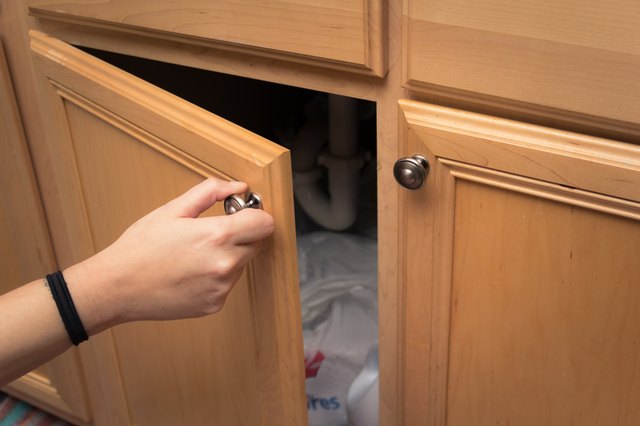 Having a
mildew smell
in your
kitchen sink drains
can be quite unpleasant and can make spending time in your kitchen a less than enjoyable experience. This issue is not only bothersome but can also be a sign of a bigger problem with your plumbing system. In order to understand how to get rid of the
mildew smell
, it's important to first understand the cause.
Having a
mildew smell
in your
kitchen sink drains
can be quite unpleasant and can make spending time in your kitchen a less than enjoyable experience. This issue is not only bothersome but can also be a sign of a bigger problem with your plumbing system. In order to understand how to get rid of the
mildew smell
, it's important to first understand the cause.
What Causes a Mildew Smell in Kitchen Sink Drains?
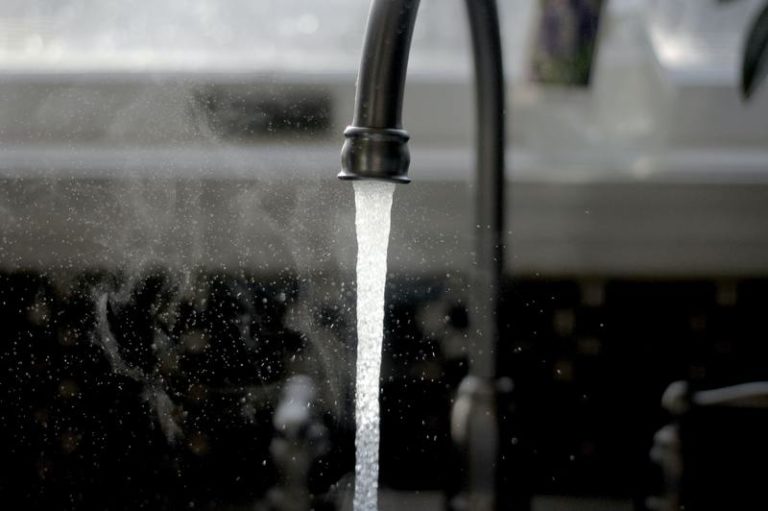 The most common cause of a
mildew smell
in kitchen sink drains is the buildup of
organic matter
such as food particles, grease, and soap scum. When these substances get stuck in your drains, they can quickly become a breeding ground for bacteria and mold, causing the unpleasant odor. This is especially true if your drains are not regularly cleaned and maintained.
The most common cause of a
mildew smell
in kitchen sink drains is the buildup of
organic matter
such as food particles, grease, and soap scum. When these substances get stuck in your drains, they can quickly become a breeding ground for bacteria and mold, causing the unpleasant odor. This is especially true if your drains are not regularly cleaned and maintained.
How to Get Rid of the Mildew Smell in Kitchen Sink Drains
 The first step in getting rid of the
mildew smell
is to thoroughly clean your drains. You can use a mixture of
baking soda
and
vinegar
to flush out any buildup and kill bacteria. Let the mixture sit for a few minutes before running hot water down the drain to flush it out. You can also use a specialized
drain cleaner
to remove any stubborn buildup.
The first step in getting rid of the
mildew smell
is to thoroughly clean your drains. You can use a mixture of
baking soda
and
vinegar
to flush out any buildup and kill bacteria. Let the mixture sit for a few minutes before running hot water down the drain to flush it out. You can also use a specialized
drain cleaner
to remove any stubborn buildup.
Preventing the Mildew Smell from Returning
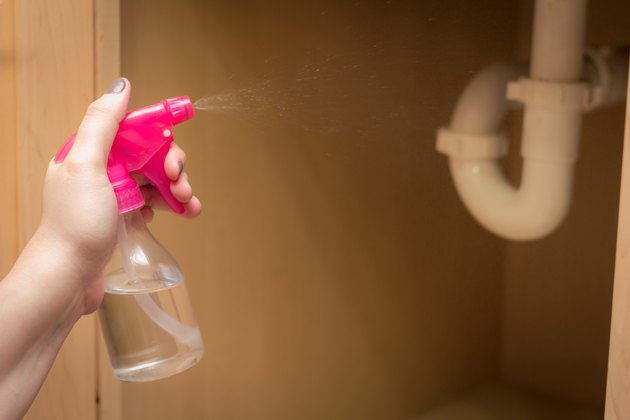 In order to prevent the
mildew smell
from returning, it's important to regularly clean and maintain your drains. This includes regularly removing any visible debris and using a drain cleaner at least once a month. You can also prevent buildup by using a
garbage disposal
for food scraps and avoiding pouring grease down the drain.
In order to prevent the
mildew smell
from returning, it's important to regularly clean and maintain your drains. This includes regularly removing any visible debris and using a drain cleaner at least once a month. You can also prevent buildup by using a
garbage disposal
for food scraps and avoiding pouring grease down the drain.
Conclusion
 A
mildew smell
in your
kitchen sink drains
is not only unpleasant but can also be a sign of a larger issue with your plumbing system. By understanding the cause and taking preventative measures, you can keep your drains clean and free of odors. Regular maintenance and cleaning will not only help eliminate the
mildew smell
, but also keep your kitchen smelling fresh and clean.
A
mildew smell
in your
kitchen sink drains
is not only unpleasant but can also be a sign of a larger issue with your plumbing system. By understanding the cause and taking preventative measures, you can keep your drains clean and free of odors. Regular maintenance and cleaning will not only help eliminate the
mildew smell
, but also keep your kitchen smelling fresh and clean.



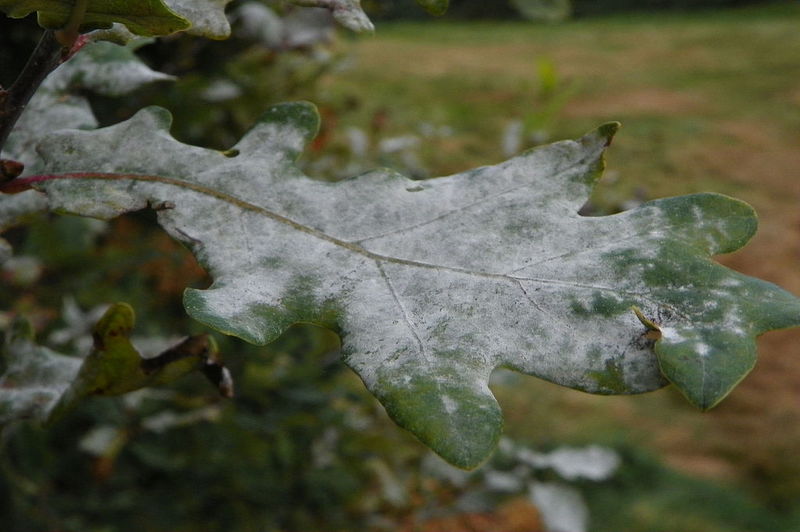


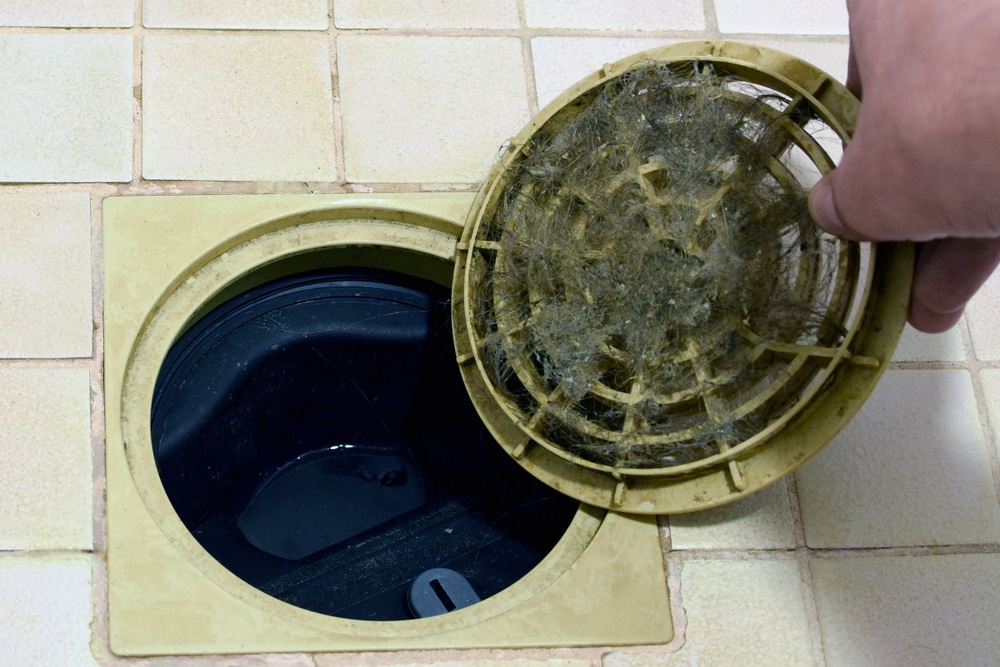
















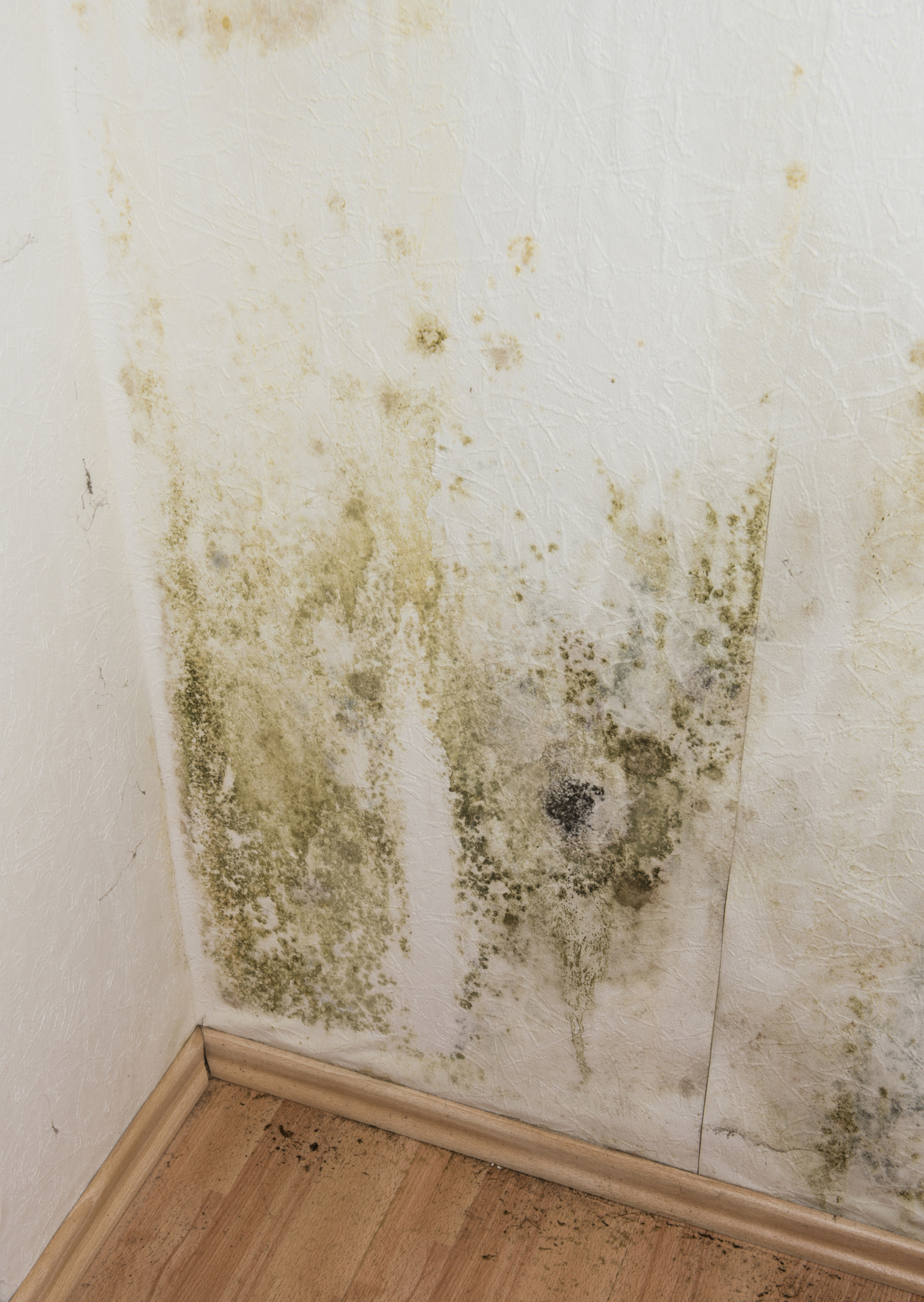

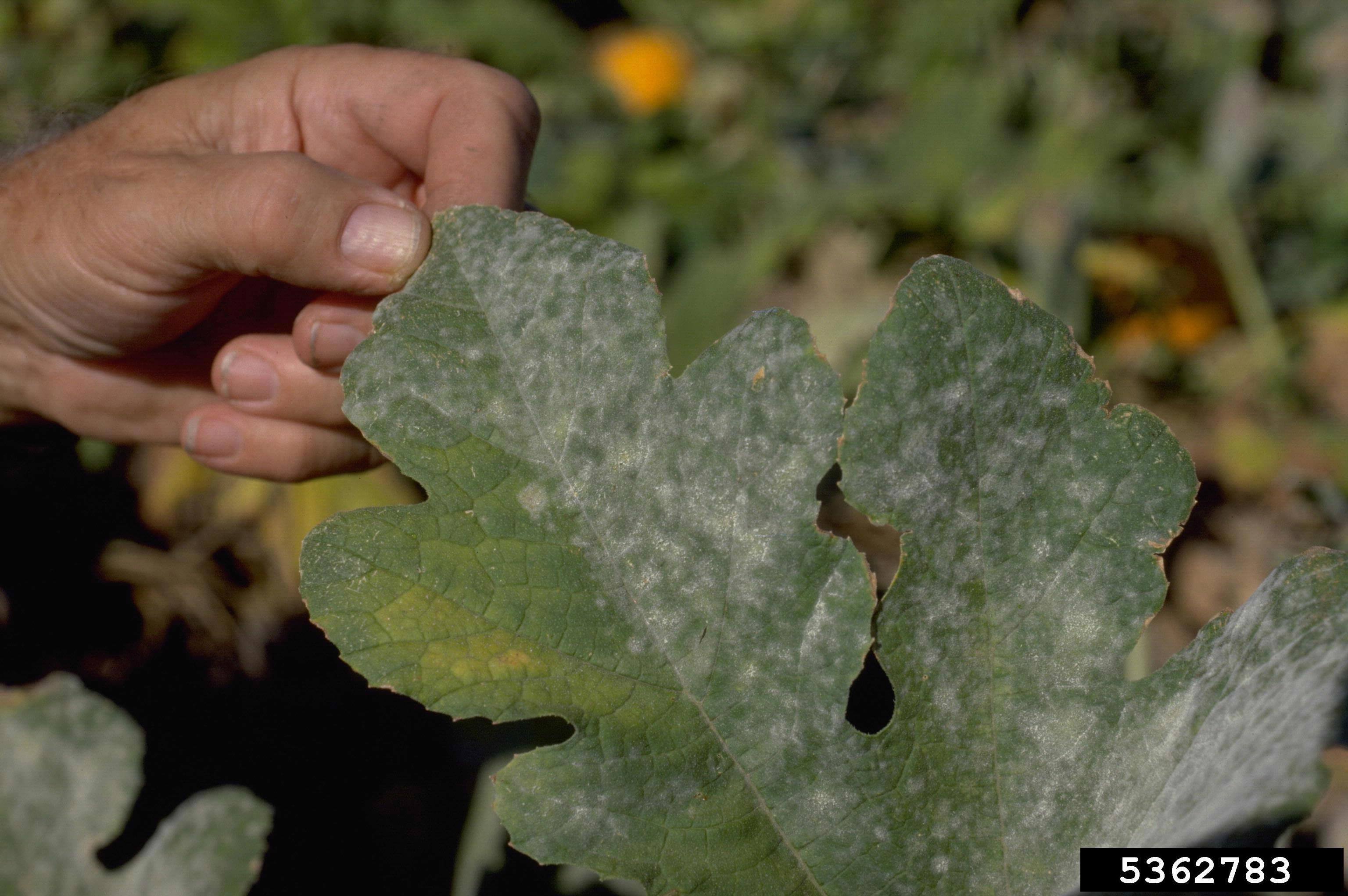
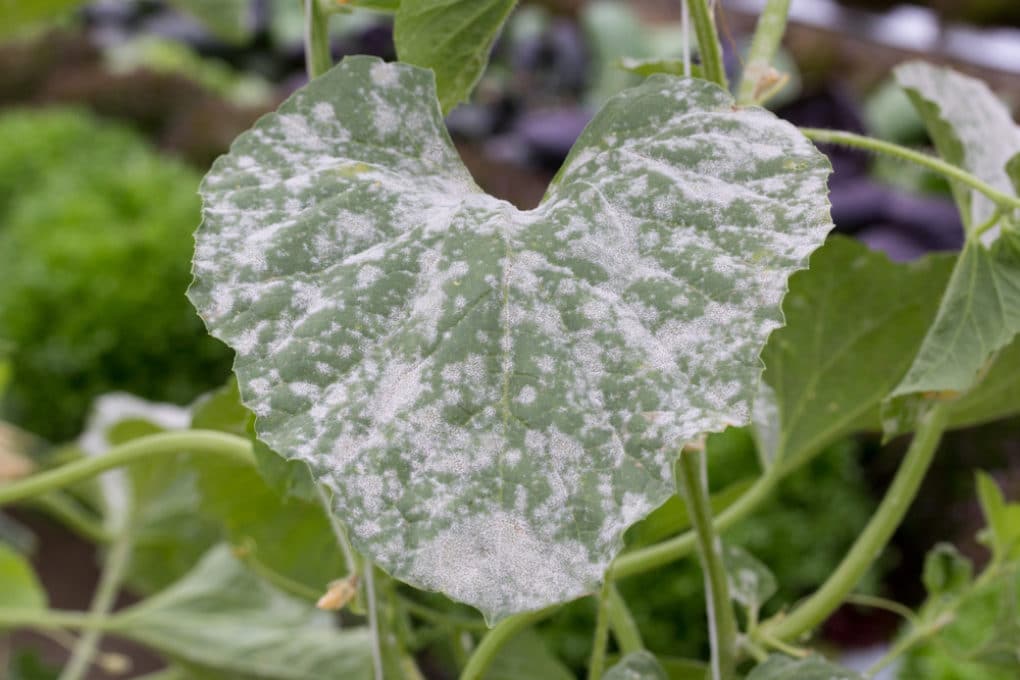



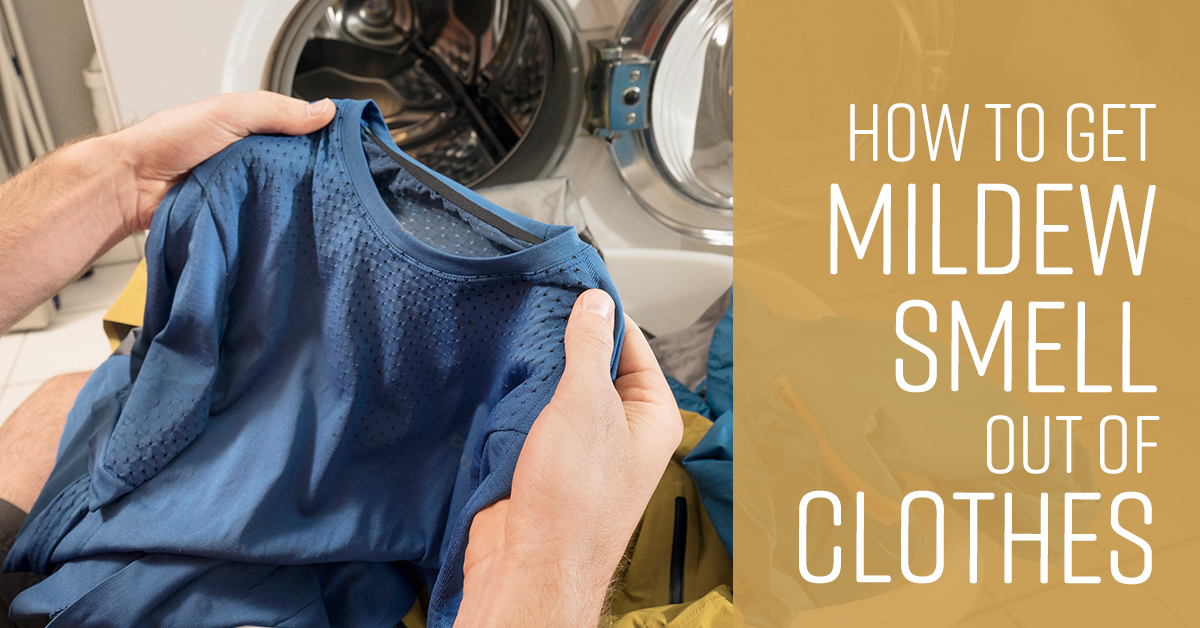


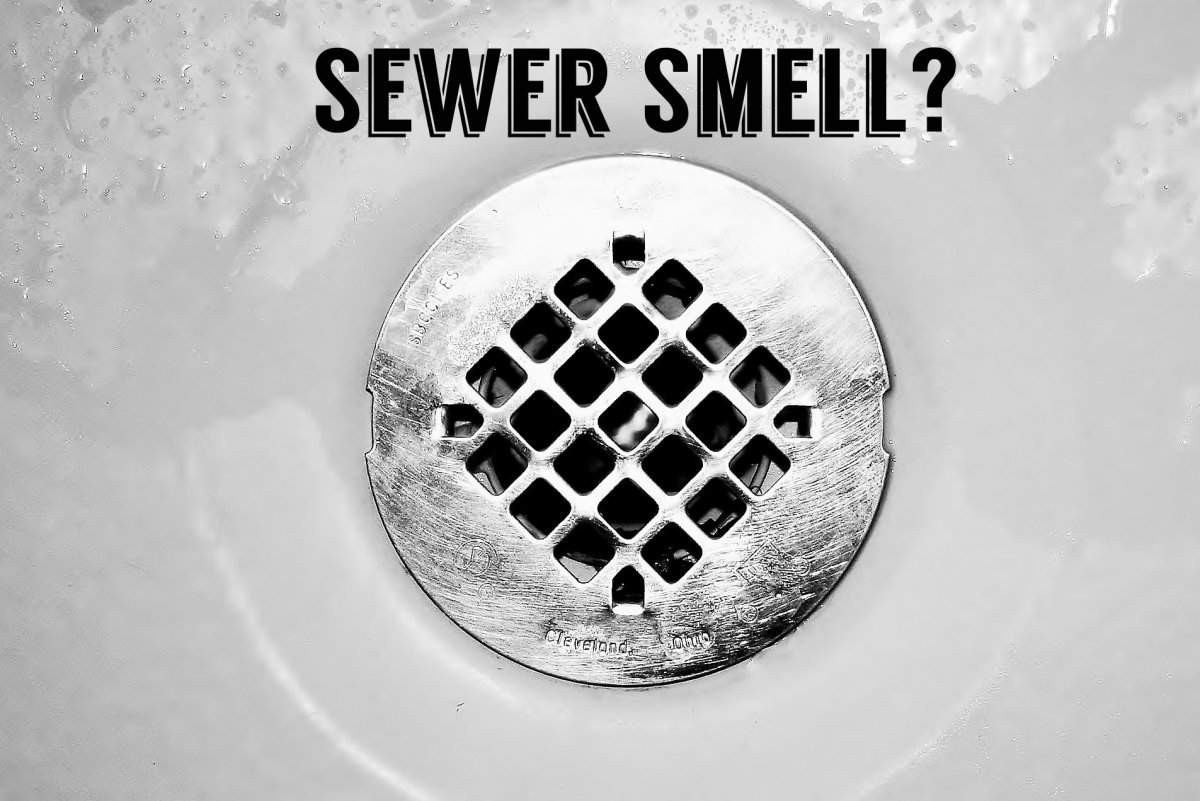







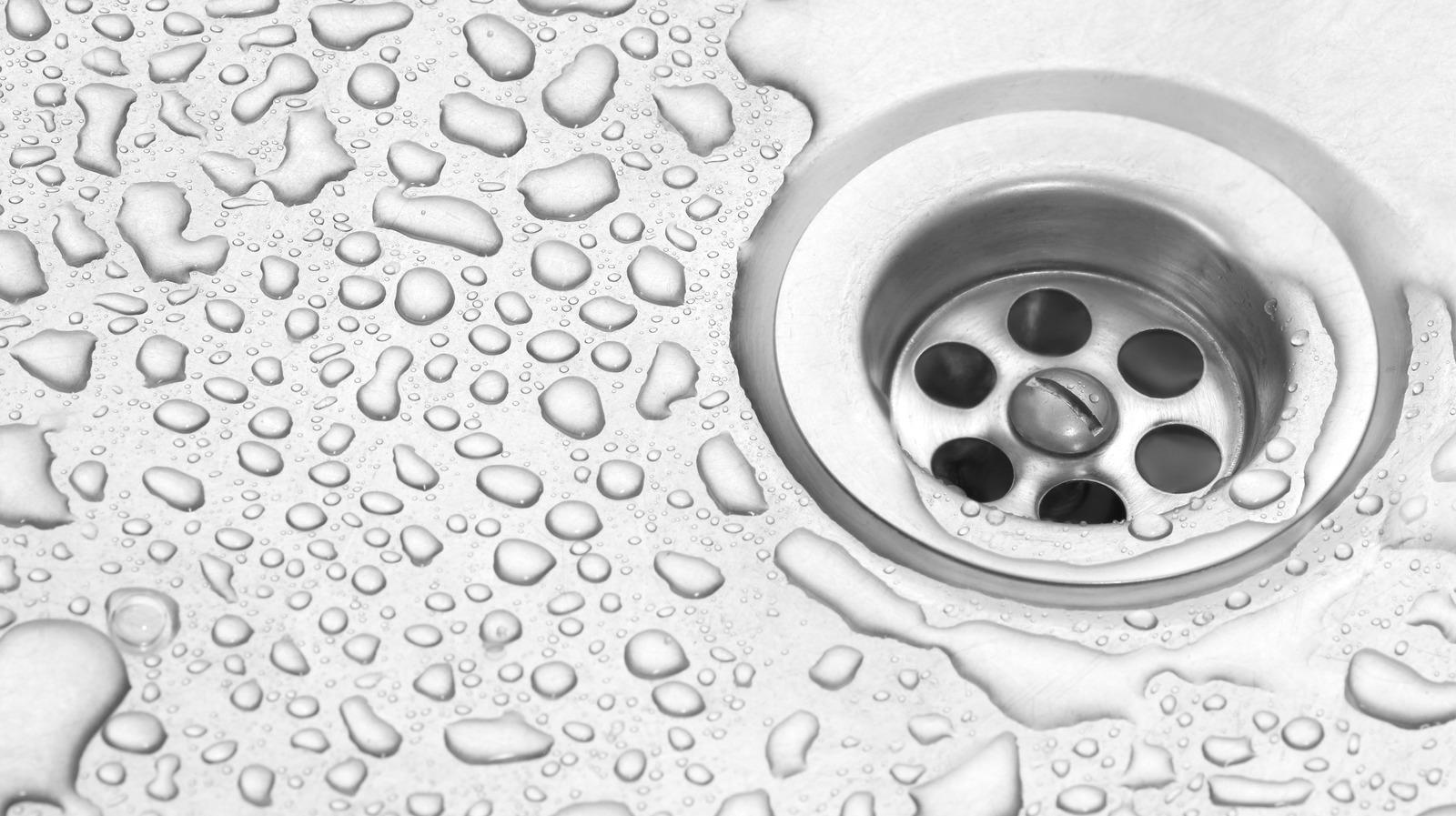














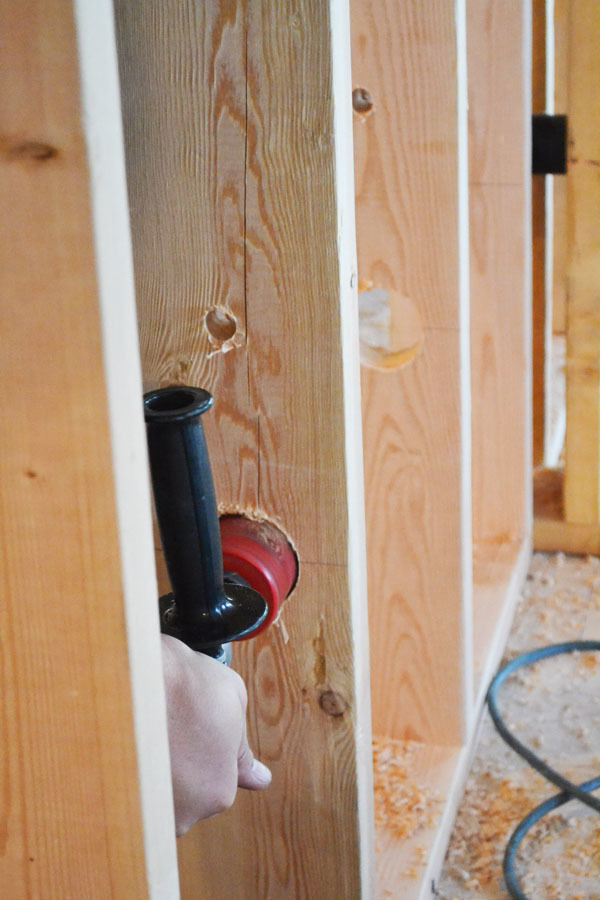
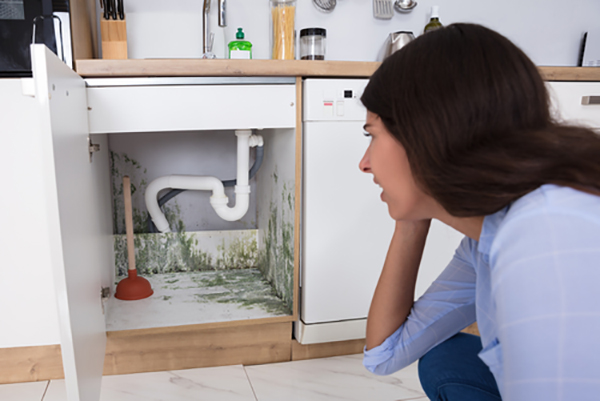
:max_bytes(150000):strip_icc()/how-to-install-a-sink-drain-2718789-hero-24e898006ed94c9593a2a268b57989a3.jpg)

